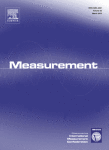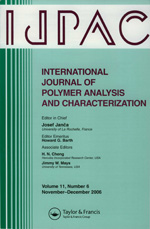 A computer scientist in Malaysia has lost two papers for faked peer reviews, and another for duplication. A fourth paper on which he is a co-author appears to have simply disappeared.
A computer scientist in Malaysia has lost two papers for faked peer reviews, and another for duplication. A fourth paper on which he is a co-author appears to have simply disappeared.
One retraction lays the blame for the fake reviewer on corresponding author Shahaboddin Shamshirband at the University of Malaya in Kuala Lumpur, Malaysia. According to the journal, Shamshirband — who has co-authored more than 200 papers and book chapters, despite receiving his PhD in 2014, according to his biography on Vitae — supplied a fake email for the reviewer during the submission process.
Here’s the retraction notice for that paper, issued by the journal Measurement:
Continue reading Computer scientist loses at least three papers, two for faked reviews

 A study
A study 
 It’s been a long and winding road for a whistleblower at Indiana University, South Bend.
It’s been a long and winding road for a whistleblower at Indiana University, South Bend.
 After a research group submitted two similar papers only days apart to different journals, one journal has retracted the paper — and told the other it should do the same.
After a research group submitted two similar papers only days apart to different journals, one journal has retracted the paper — and told the other it should do the same.

 Please join us in welcoming our newest staff writer, Victoria Stern, to the Retraction Watch team.
Please join us in welcoming our newest staff writer, Victoria Stern, to the Retraction Watch team.